The third one of the annual Emerging Concepts of Logistics Summer School took place at the Gerhard Mercator Haus of the University of Duisburg-Essen this August. Conjointly organized by the Koç University in Turkey and the University of Duisburg-Essen in Germany, ECoL Summer School 2017 was funded by the DAAD – German Academic Exchange Service. The summer school enabled a multidisciplinary working environment for young academics from Argentina, Armenia, Benin, Bolivia, China, Egypt, Germany, India, Iran, Morocco, Pakistan, Palestine, Turkey, Spain and Sri Lanka.
The main objective of the summer school was to work collaboratively to produce new and progressive ideas regarding the Food Supply Chain concept in small groups with other research peers under the supervision of a professor. The summer school schedule was arranged in a way to facilitate the necessary data collection via statements from guest speakers with various backgrounds such as science, industry and public policy and as well via excursions to industrial and production sites before starting the group work, in order to feed the group projects.
The ten day program of ECoL Summer School 2017 consisted of the following pillars: Welcome speeches from lecturers with introductory information, participant presentations for exchanging ideas and getting to know the different expertise areas of the fellow researchers, guest speakers with a variety of professional backgrounds, formation of different workshop groups based on the focal areas of the participants and carrying out the group work with professors in three parallel groups, technical excursions to observe the state-of-the-art supply chain management in food industry, group presentations to demonstrate the results of the group work, round table discussion regarding the collective results, social gatherings to visit the places to see in the state of North Rhine-Westphalia and closing event upon the issuance of the certificates.
The first day started with a get-to-know breakfast at the Gerhard Mercator Haus to create a certain sense of group cohesion and followed by a welcome speech from Klaus Krumme, the Executive Director of the Centre for Logistics and Traffic of the University of Duisburg-Essen, presenting the strategy behind ECoL Summer School idea and introducing the University’s organization as well as the Ruhr Area’s industrial heritage and its influence on the University’s structure. Afterwards, Prof. Dr. Metin Türkay – the Head of Industrial Engineering Department & Head of Koç – IBM Supply Chain Research Center from Koç Univesity, and Prof. Dr. Bernd Noche – the Head of Transport Systems and Logistics Department, introduced the research topics of their departments and their relevance to the summer school’s scope.
On the second day, participants presented their areas of expertise regarding the ECoL Food Supply Chain related topics such as: “Using Solar Photovoltaic Technologies to Develop A Sustainable Date Palm Value Chain Model in Palestine”, “Innovative Business Models for Food Supply Chains”, “Sustainable Agri-Food Supply Chain”, “The development of a new GIS and Multi-Criteria Decision Making Methodology for Green Logistics: Casablanca as a Case Study”, “Risk Assessment of Trace Elements for Population via Consumption of Vegetables Cultivated in Mining Areas of Armenia” and “Sustainable Regional Development Model for Agro Product Clusters”. Based on the focal points of their research, participants had been distributed into the three workshop groups by the lecturer upon completion of their presentations.
Before the parallel group work kick-off within three workshop groups, the participants had the chance to be the audience of the statements of guest speakers from industry, science and public policy. From the industrial perspective, Nils Hempels from Fliit Holding GmbH and Dr. Sebastian Jäger from REWE Digital GmbH delivered presentations on “Building the Operating System for Last Mile” and “Challenges in E-Grocery Supply Chain Management” respectively. Furthermore, from the scientific perspective, Raphael M. Heereman von Zuydtwyck from The Institute GEMIT of the University of Applied Sciences Niederrhein had a presentation about “Green Logistics in Agrobusiness” and Prof. Dr. Matthias Klumpp from FOM University of Applied Sciences presented his projects on sustainable logistics. Lastly, from the public policy perspective, Rosa Strube from the international nonprofit organization and “think and do tank” CSCP – Collaborating Centre on Sustainable Consumption and Production delivered a presentation on “Value Chains, Business Models and Logistics from the Consumer Perspective”. Upon completion of the statements of guest speakers, participants, lecturers, guest speakers and the organizer team attended the reception dinner at the Gerhard Mercator Haus.
After the formation of the groups and the gathering of ECoL-related insights from the representatives of institutions of high significance, participants have started their group work within their workshop groups supervised by their lecturers. This eight-day-long knowledge coproduction phase of the ECoL Summer School 2017 continued from the fourth day until the tenth day with cross-feedbacks in the individual groups; supported by the technical excursions to the companies such as Deutsche See GmbH, Mühlhäuser GmbH and Duisburger Hafen AG, which focus their operations on supply chain management in sea products, fruit preserves production and warehousing and the multimodal supply chain management respectively. Also, for the young academics in the search of an international postgraduate program in Germany, Rade Sazdovski from SCIES – Support Center for International Engineering Students of the University of Duisburg-Essen, has introduced the various engineering programs offered by the University.
As intense as the summer school program was, the social and cultural events have helped the participants to relax after long working hours. A guided tour within the public park Landschaftspark Duisburg-Nord, a former industrial compound, and a city-sightseeing event in Cologne were some of the socializing organizations for the participants.
The summer school’s extrapolated result was not also the creation of a pool of new and innovative research ideas to be exchanged but also a networking platform for young academics and practitioners. Hence, the outcomes showed this anticipation to be more than accurate. The participants have stated how summer school exceeded their expectations both in terms of technical content and networking opportunities as well as organizational matters.
As for the results of the group work, participants have demonstrated the findings of their interdisciplinary group projects on which they have worked collaboratively for eight days with a final presentation and a report on the last day of the summer school. The first group, under the supervision of Prof. Dr. Bernd Noche, has focused on “Sustainable Citrus Supply Chain”, where they have aimed at identifying optimization methods in the processes between planting and end customer both on domestic and international models based on global sustainability indicators with the following research objectives: Maintaining or increasing the quality of life of the supply chain stakeholders, comparing current practices and possible improvements using advanced technologies, providing solutions for waste minimization in citrus supply chain. Under the supervision of Prof. Dr. Metin Türkay, the second group has focused on “Urban Supply Planning”, with the study objective of finding solutions for the food supply challenges within dense urban areas and urban agglomerations with the aid of a case study about apple supply chain management in Himachal area of India. The second group has also worked on a preliminary software development as a coordination and optimization tool for the food supply chain assessing the production quantity data between different farms with the help of the software engineer participants in their multidisciplinary group. Finally, the third group under the supervision of Assoc. Prof. Dr. Ani Melkonyan, Tim Gruchmann and Gustavo de la Torre, has focused on “Scenario Planning and Evaluation for Sustainable Food Supply Chain”, where they have divided the participants within the group into four subgroups to work on different scenario analyses such as: “New Logistic Concepts of Consumers”, “Sharing Economy”, “Prospective Urbanization”. The scenario analyses were all based on a common evaluation matrix generated with the data filtered from the group’s literature review. Consequently, all of the final group presentations have been found helpful for the prospective academic studies of the participants.
Following the issuance of the certificates of participation after the completion of final presentations, the participants, the lecturers and the organizers of the ECoL Summer School 2017 bade farewell to each other with eager expectations to be a part of the class of 2018 as well.
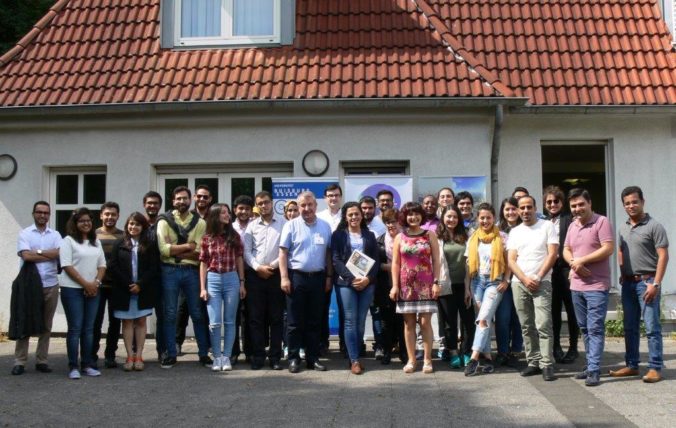
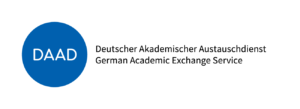
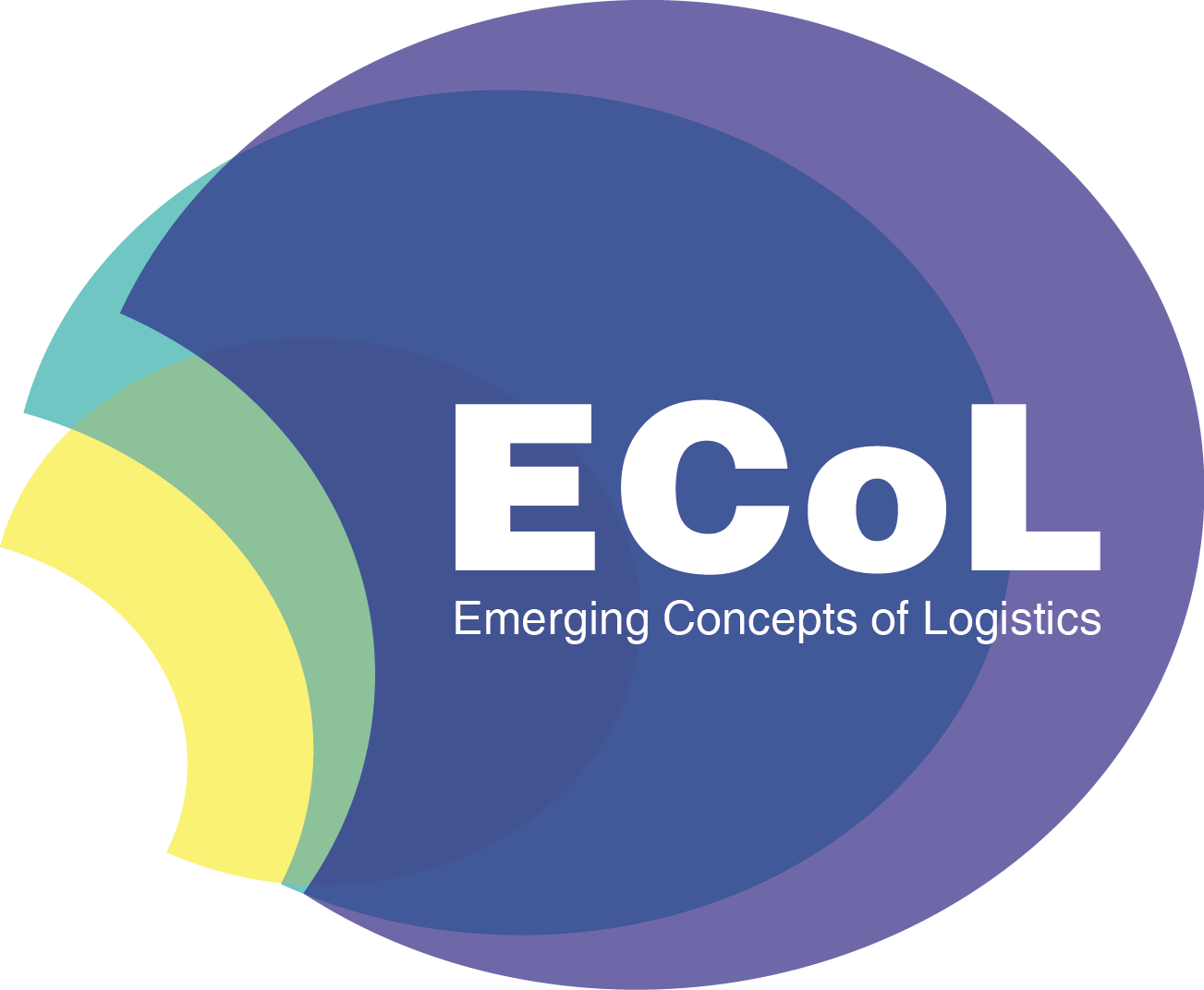

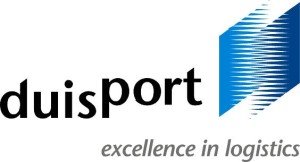
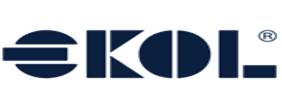


Thank you for the rapporteur who remains faithful to the content.